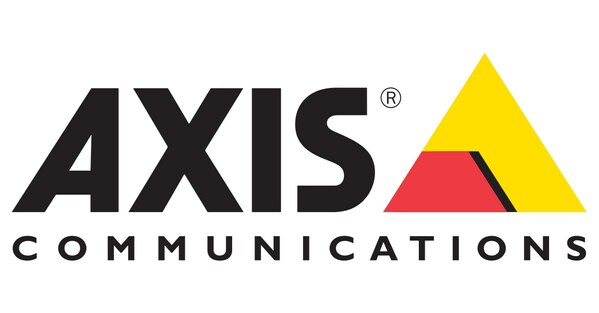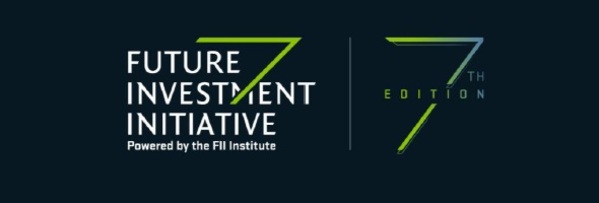 |
HONG KONG, Jan. 9, 2024 /PRNewswire/ -- Technological advancements continue to shape the security sector, creating opportunities and challenges. As we step into 2024, it is crucial to understand the key trends that will shape the industry. Here are the top five technology trends Axis Communications sees that will drive the security sector this year:
1. The potential for generative AI
New security-focused applications based on large language modes (LLMs) and generative AI are expected. This form of AI supports the creation of new content – words, images, and even video – based on natural language prompts and questions from users. These will likely include assistants for operators, helping them more accurately and efficiently interpret what is happening in a scene, and as interactive customer support, providing more valuable and actionable responses to queries.
2. Solution management efficiencies driving hybrid architectures
Hybrid solution architectures – those employing the advantages of on-premise, cloud, and edge technologies – are now the new standard. Functionalities are deployed where they are most efficient, utilising the best of each instance in a system and adding increased flexibility. They will also support the forthcoming use cases for AI support and automation in solution management and operation, with increased system accessibility being valuable to both human support and AI.
3. Security always, but safety too
Security, related to preventing intentional acts such as break-ins and vandalism, is well-established as a use case for surveillance. Use cases for safety associated with the unintentional dangers and incidents that may harm people, property and the environment are growing fast. Several factors, such as climate change, compliance, and regulatory issues, drive the use of video surveillance and analytics for safety purposes.
4. Regulation and compliance driving technology
The global regulatory environment is increasingly impacting the development of technology, its application and use. AI, cybersecurity, sustainability, and corporate governance, to name a few, are some areas under greater regulatory scrutiny. Vendors and end users must work in close partnership to ensure compliance.
5. A "total system" perspective
The impact of every aspect of a security system will be under increasing scrutiny, with vendors and customers needing to monitor, measure and report on various factors. We have taken the total cost of ownership as an important measurement. Still, we are increasingly required to consider and be transparent about the total impact of ownership, taking non-financial aspects, such as environmental and societal issues, into account. That means a total system perspective is essential.
"As we enter 2024, the security sector must embrace these technological trends to stay ahead," said Jessica Chang, Regional Director for Axis Communications in North Asia. "We are committed to working closely with our partners and customers to navigate these challenges and achieve positive outcomes."
To learn more about these trends, refer to the infographic summarizing the five technology trends affecting the security sector in 2024, available at
https://www.apac-comms.axis.com/techtrends_2024_press_release_en .
About Axis Communications
Axis Communications enables a smarter and safer world by creating solutions for improving security and business performance. As a network technology company and industry leader, Axis Communications offers video surveillance, access control, intercom, and audio systems solutions. They are enhanced by intelligent analytics applications and supported by high-quality training.
Axis Communications has around 4,000 dedicated employees in over 50 countries and collaborates with technology and system integration partners worldwide to deliver customer solutions. Axis Communications was founded in 1984, and its headquarters are in Lund, Sweden.
 1 year ago
434
1 year ago
434 





 English (United States)
English (United States)